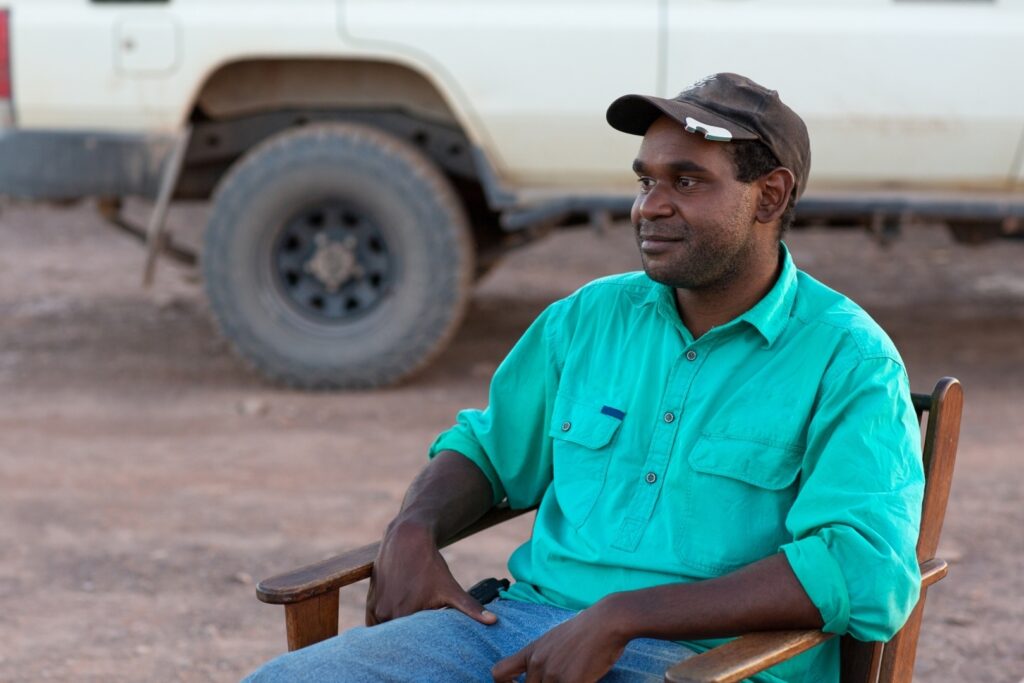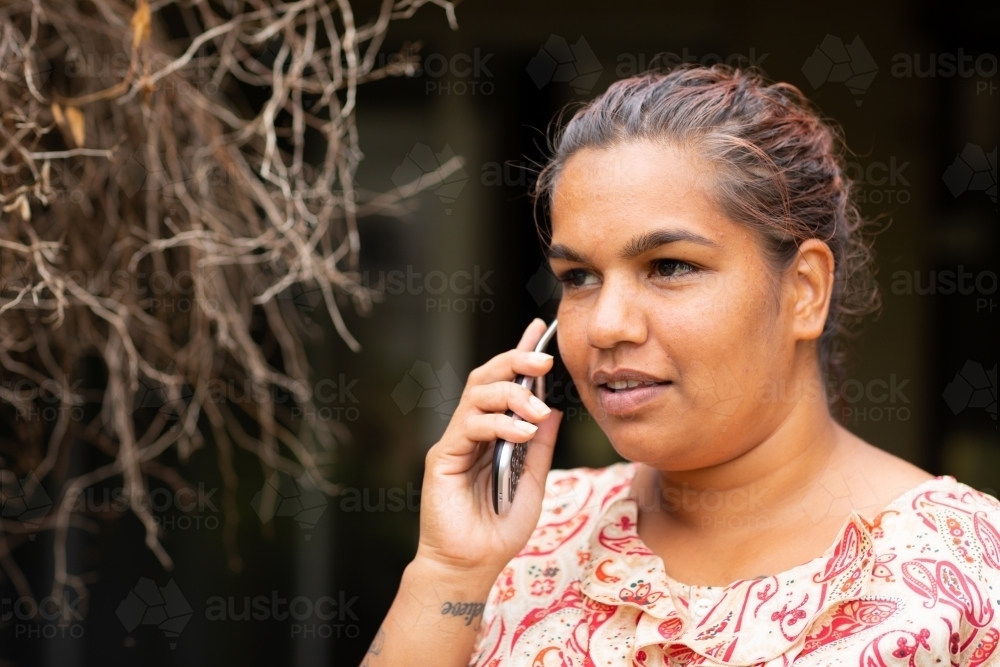Sometimes we all struggle with handling money, what goes out always seems to be more than what comes in and making ends meet is just impossible.
These are the times when we all need to have a bit of a look at the situation and work out what we can do better. Where we can spend less or maybe make more money? How we can plan better for those expenses and maybe get some help to see us through the tough times.
Also at these times we can be tempted to borrow some easy money to see us through but this is not ever easy money. Often those quick loans are a trap to get us to pay a lot of fees and make life even harder a little down the road.

Jackson is currently unemployed but is trying to focus on getting his debts under control. He wants to focus on saving to start a new business. From age 18 Jackson was in unstable living arrangements and began taking on unaffordable debts. Although he is in a more secure housing, his debts are getting in the way of him finding his feet.
Jackson reached out to Mob Strong for information about getting his debts under control. The key debt that he wanted help dealing with was a $23,000 car loan debt. But Jackson also has debts with four BNPL companies, a telco, an internet provider, an energy company and two payday lenders. In total he owes about $30,000.
Help with money management – from a budgeting tool on your phone that is a free app, websites like MoneySmart which has a budget planner, and free financial counselling services we have got you covered for help to plan how you use and spend your money better. If you need a financial counsellor use the tool on the National Debt Helpline website or call us and we can get you the contact details.
Making life easier – sometimes you can set up regular payments every fortnight through your bank or Centrepay (if you get Centrelink money) to make paying those bigger bills like electricity and phone happen in smaller fortnightly chunks. Got to be careful though and remember that some places want you to sign up for this when they really shouldn’t for things like clothes and the like. Use it for bills only. Also you can ask your bank or Centrelink to stop these at any time.
Help with bills and loans – if you are really struggling to pay some bills and loans then there is often help out there – the first place to start is to call the bank or supplier and ask them if they can help under hardship provisions. If that does not work out for you then get a financial counsellor to help out or lodge a complaint with the bank or supplier, or see what you can get help for locally in your State for electricity bills especially.
Easy money loans – knowing about all the traps around money out there can really help you avoid a lot of issues and making your life harder later on. Watch out for Buy now pay later, wage advances and payday loans. Think about alternatives like getting some help for food or bills, asking for hardship arrangements or trying to make do.
Banking stuff – if you have a credit card, personal loan or a secured loan attached to something like a car and you get into problems paying it or fall behind contact the bank up front and ask about hardship arrangements or think about what you can do to making paying it a priority.
Dedicated phone lines – It is encouraging that the big four banks in Australia are building and developing First Nations dedicated phone lines. These lines can be really useful for First Nations Australians to get culturally supported when sorting out problems and issues, or to access phone banking with First Nations staff or culturally experienced staff.
Wait times are reportedly less, which is promising and useful if you are on the end of a remote phone line. They are very helpful for people who are digitally excluded trying to prove their identity, when other options are digital or a day’s drive in a 4WD away at the closest branch. More importantly, speaking with someone that understands First Nations challenges and can help interpret the banks many rules and remove barriers for First Nations people is gold.
Mob Strong thanks those banks who are prioritising this service to First Nations customers and encourages all banks to create dedicated lines.

Financial Rights acknowledges Aboriginal and Torres Strait Islander peoples as the traditional owners and celebrate the diversity of Aboriginal peoples and their ongoing cultures and connections to all lands and waters. Financial Rights acknowledges the Gadigal people of the Eora Nation as the traditional owners and custodians of the land on which our main office is located. We pay our respects to Elders past and present and future traditional custodians and Elders of this nation and the continuation of cultural, spiritual and educational practices of Aboriginal and Torres Strait Islander peoples.
Aboriginal and Torres Strait Islander peoples should be aware this website may contain images or names of people who have passed away.